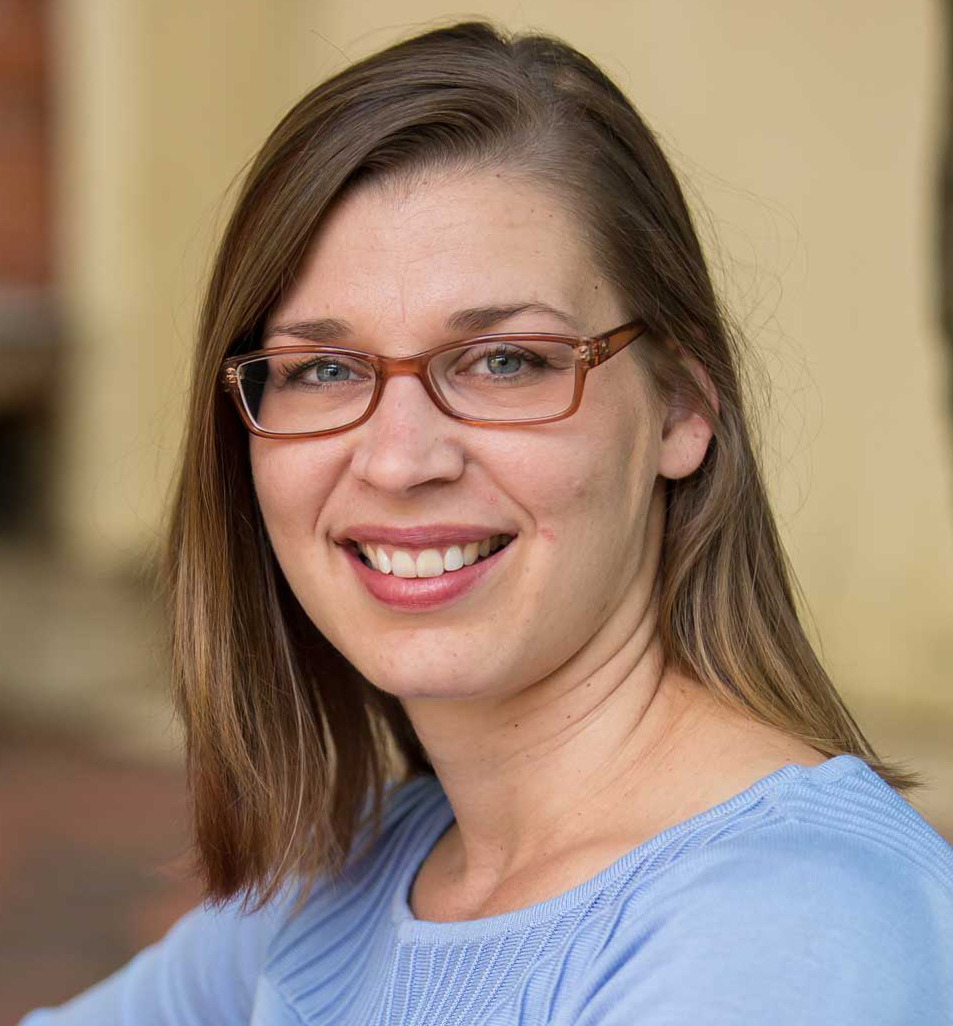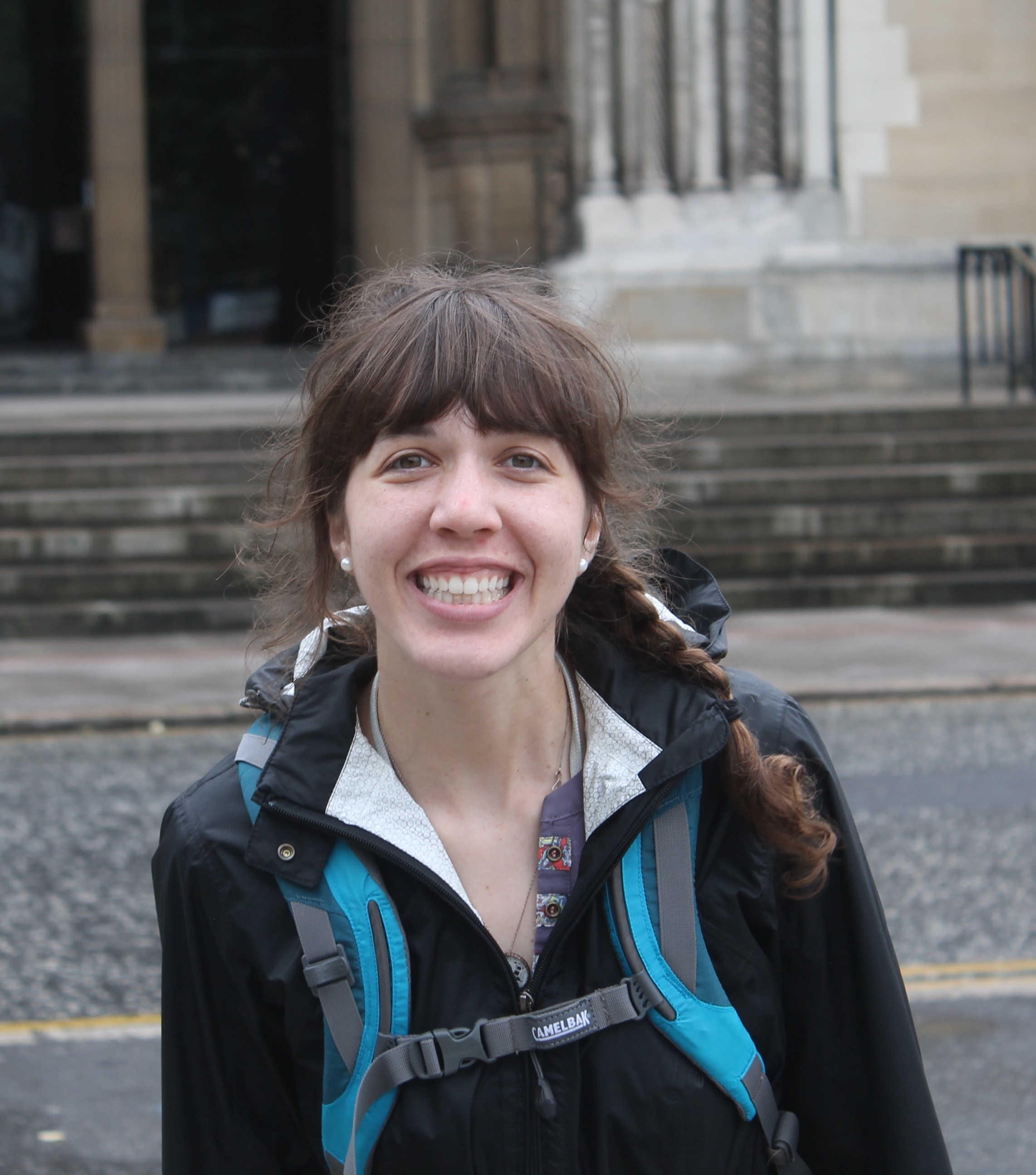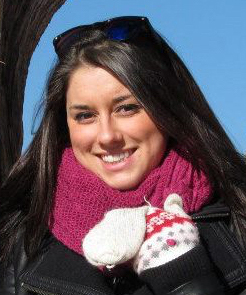
Art Education Journal Connections
-
Register
- Non-member - $49
- Member - Free!

Tuesday, February 21, 2017 | 7-8 pm ET
FREE for NAEA Members; $49 for non-members

Leslie Gates
Assistant Professor of Art Education
Leslie Gates, Ph.D. is Assistant Professor of Art Education at Millersville University of Pennsylvania, where she coordinates the undergraduate and graduate art education programs. She has taught visual art at the high school and elementary levels in both urban and rural contexts. Dr. Gates' research interests are art educator's professional learning, assessment in the arts, and postmodern and choice-based approaches to teaching art. Her research, using participatory and feminist approaches, often means she is working alongside art educators to identify problems and work towards possible solutions in their own classrooms. In addition to her position at Millersville, she serves as Pennsylvania Art Education Association's Conference Administrator.
ARTICLE: Embracing Subjective Assessment Practices: Recommendations for Art Educators
Engaged in creating assessment instruments for subjective aspects of art, educators develop strategies for using qualitative assessment language with condance.

Jacqueline S. McElhany, M.A.
Visual Arts Educator
Jacqueline S. McElhany, M.A. is a visual arts educator at Emory H. Markle Intermediate School in Hanover, Pennsylvania. She obtained her Masters in Art Education from the Maryland Institute College of Art where she conducted research on student-centered learning and later presented this research at the NAEA National Convention. Jacqueline also participated in the Kosciuszko Foundation's Teaching English in Poland Program where she taught English through the visual arts. She is currently interested in choice-based pedagogy where she challenges her students to facilitate their own artmaking experiences. Her students' works have been selected and showcased two years in a row in the National K-12 Ceramic Exhibition. When not teaching, Jacqueline enjoys traveling, gardening, and spending time in her studio.
ARTICLE: Awakening Student Ownership: Transitioning to a Student-Centered Environment
Discover what happens when an art educator switches from a teacher-centered pedagogy to one that is student-centered.

Nicole Elizabeth Roth, M.A.
Ceramic Artist & Art Educator
Nicole Elizabeth Roth, M.A. is a ceramic artist & art educator living, teaching & creating in Somerville, NJ. When Nicole's not washing dirty paint brushes and refilling bottles of glue she can be found working in her home studio or adding new work to her Etsy shop, Classic Clayworks. Three of Nicole's favorite things are cheese, red wine and her rescue dog Goldie Mae.
ARTICLE: Stories of Exploration in a Student-Centered Learning Environment
Tired of the same old cookie cutter school arts projects, an art educator changes her approach as she starts a new chapter in her teaching career.
Upon completion of an NAEA webinar, you may earn 1 hour of professional development credit as designated by NAEA. Once the webinar is completed, you may view/print a Certification of Participation under the "Content" tab. You may also print a transcript of all webinars attended under the "Dashboard" link in the right sidebar section of the page.
Clock hours provided upon completion of any NAEA professional learning institute are granted for participation in an organized professional learning experience under responsible sponsorship, capable direction and qualified instruction, and can be used toward continuing education credit in most states. It is the responsibility of the participant to verify acceptance by professional governing authorities in their area.

